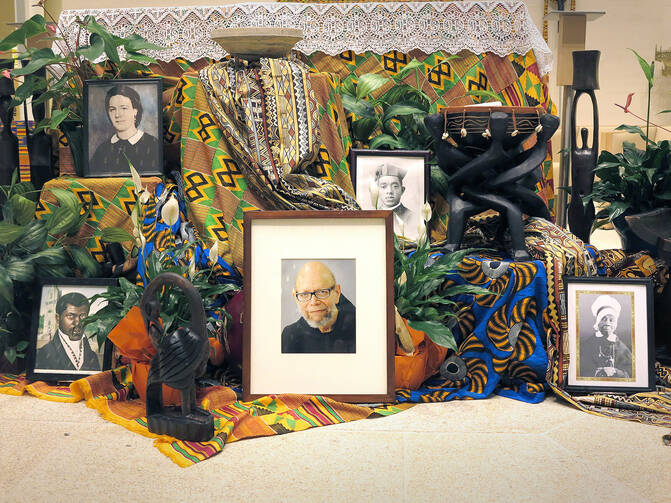T
Trinacria2020
Guest
Hello, this topic is far more nuanced, and many commenters here have given some very good answers and sources. But some additional considerations here;but why does everyone think that the Catholic church supported slavery?
- Slavery (a practice as old as humanity) has various forms in history ranging from what in modern English is “indentured servitude” to “chattel slavery”. The ancient Hebraic version was very much the former, wherein one could sell themselves into slavery for a period, but would be freed typically after 7 years. There was no ethnic or racial slavery that passed on generationally.
- The Spanyards (and Portuguese) were themselves enslaved by mohammedan Africans (the “moors”) for around 700+ years. Since the rise of mohammedanism in the 7th century, it is estimated that over 20 million Europeans (Spanish, Italians, French and even Irish) were enslaved and sent to Africa. The point is at the discovery of the New World, the mohammedan Arabs were already 800 years into the slave trade and in fact dominated it in Africa…the Europeans simply picked up the practice and continued it Westward.
- Regardless of the above historical context, the institution of generational/ethnic slavery is and was always seen as evil by the Catholic church. As has been referenced, the official stance of the church always forbade enslaving Christians. Racism as a justification for slavery simply did not exist (this was a protestant invention). Yet despite the Papal bulls (plural, since one was not enough) forbidding the practice, so-called Catholics continued the practice throughout the New World. Yet it was only in the US that the practice took on the racial “one-drop” dimension where anyone with African ancestry could be enslaved.
- Not sure if you are aware, but there was a very powerful kingdom in Africa called Kongo located in what is now Angola, Congo and Gabon . The Kingdom of Kongo actually converted to Christianity very early on in the 15th century (they had ambassadors in the Papal States), and was a very powerful ally of Portugal for 400 years (until it was finally usurped and colonized). The number 1 export was slaves, which made both Catholic Portugal and Catholic Kongo extremely wealthy.




